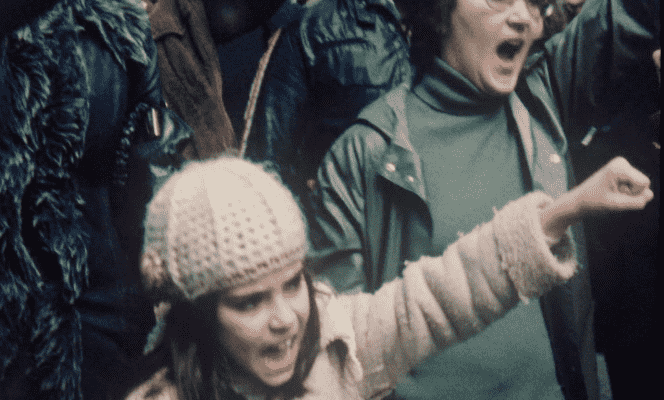THE OPINION OF THE “WORLD” – NOT TO BE MISSED
Born in 1972, in Bordeaux, founder of the magazine The Ordinary Passerby, director and essayist Thomas Lacoste is the author of an extensive and committed work, questioning conflict zones (Middle East, Latin America, South Africa, etc.), questioning alternatives to liberalism, in a transdisciplinary approach. He is the author of dozens of interview films (Our worldreleased in theaters in 2013), giving voice to eminent thinkers – the historian Sophie Wahnich, the philosophers Etienne Balibar, Judith Butler…
In The Democratic Hypothesis, Thomas Lacoste revisits the Basque conflict and makes visible an unknown part of history, that of the exit from the armed struggle of the separatist organization Euskadi ta Askatasuna, “Basque Country and Freedom” (ETA). Created in 1958, in reaction to Francoism, ETA led an armed struggle for more than fifty years, causing the death on Spanish territory of 837 people (including 506 police and soldiers) – for its part, ETA counted in its ranks 474 dead, and more than 4,000 cases of torture. The long process of exiting the armed struggle – mentioned during the first discussions, in 1977 – will succeed between 2011 and 2017, without the support of the Spanish State, despite several abortive attempts at negotiations.
Classic in its form, with interviews facing the camera, The Democratic Hypothesis is an exceptional document from the point of view of testimonies, recounting a way out of conflict unprecedented in contemporary history. The film shows the role of peacemakers, diplomats, elected officials from all sides, Basques but also foreign actors, including South African lawyer Brian Currin, expert in conflict resolution and founder of the international group of contact for the Basque Country.
For the first time, former historical members of ETA speak with their faces uncovered, the director having taken care to interview only those who have worked in the peace process. Beyond the political analysis, these men and women talk about their intimate, personal choice to take up arms, while relatives recount an extraordinary life – or how do you grow up with parents who find themselves under the quasi-permanent threat of arrest or execution.
Disarmament
Throughout the interviews, the film retraces the main stages of the end of the conflict, from the announcement of the end of the armed struggle by ETA, on October 20, 2011, until the self-dissolution proclaimed on May 3, 2018. A staggering archive also shows D-Day disarmament, organized in Bayonne on April 8, 2017, with the handing over of the stock of ammunition to the police.
You have 30.11% of this article left to read. The following is for subscribers only.
